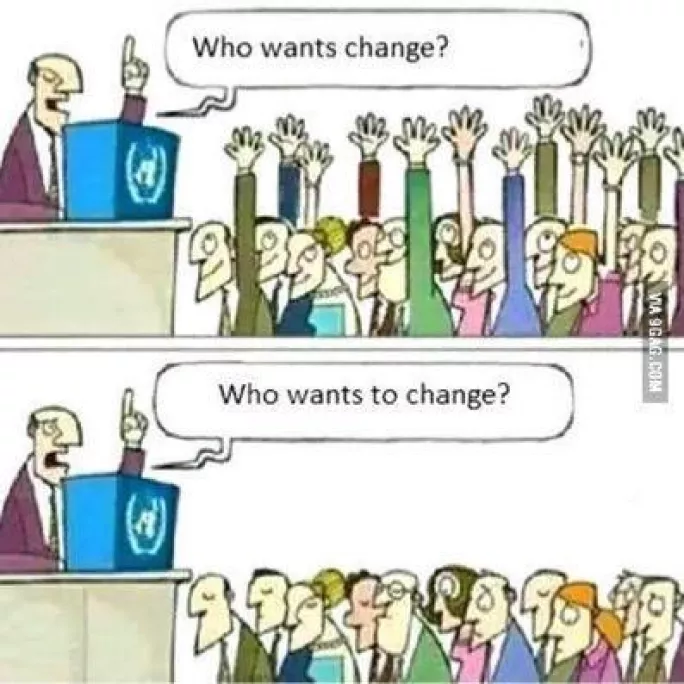This week I was lucky enough to attend ISTE in Philadelphia. This is a huge gathering of teachers who use technology. Addressing the several thousand at the first plenary felt more like playing Wembley than the education conferences I am used to.
ISTE is both an Expo akin to BETT in the UK, and a festival of teacher-focused discussions and workshops. I found nothing new in the Expo, but was interested to see what teachers wanted to talk about in their sessions.
It is striking that what chimes in the US is no different to what I hear from teachers in the UK.
There is a growing push back on technology companies wanting to sell kit without the training in how to teach with it. In that context my message in the opening plenary that “the thing that really makes a difference is teaching” was repeated back to me again and again by appreciative attendees.
Other familiar themes were the frustrations with testing and accountability, the lack of trust in teachers by politicians, and the constraint standard attainment tests puts on teaching 21st Century skills.
I was particularly interested in views on PD - in the US there is no C in professional development.
In an extended discussion over breakfast with a couple of dozen teachers from across the US the message was clear.
Teacher PD should model the teaching we want to see in classrooms.
It should be collaborative, relevant, practical and inclusive. Objectives should be clear and with measures of effectiveness and embedded feedback. The learning should be sustained over time, not crammed into a day or a few hours. And finally, teachers want more ongoing support in their own learning from mentors, rather than performance managers.
Sadly, just as back in Britain, too little PD reflects what teachers want. Too much is commissioned to help deliver a policymaker’s initiative, rather than to improve teaching. Sound familiar?
The final message was a more challenging one.
We had a long discussion about how we engage the teachers who do not want any further development. This put me in mind of a tweet from Steve Chalke of the Oasis chain of academies in England. It included this image:
Change is threatening, inevitable and needs to be managed. ISTE was a gathering of enthusiastic teachers wanting to be trusted as professionals, and in exchange being up for continuous improvement.
Most teachers I meet are the same, but it is an interesting challenge to ask how we make it compelling for everyone.





